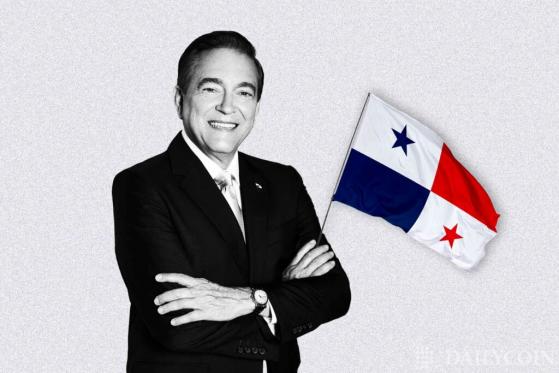Panama had been travelling a similar path to neighboring El Salvador up until recently, however, President of Panama Laurentino Cortizo has decided to slam the brakes on the new crypto bill, despite its approval by the National Assembly two months ago.
A local newspaper acquired a copy of the President’s veto, which consists of 32 pages. The rationale for the veto was largely related to the regulations recommended by the Financial Action Task Force, which underlined the need for “fiscal transparency” and measures for the “prevention of money laundering”. President Cortizo went on record to say that crypto bill no. 697 was “innovative”, but warned that he would not immediately approve the proposal if it failed to outline a solution for money laundering and prevention of illicit uses.
JUST IN: Panama's President has partially vetoed the country's #crypto bill, citing FATF regulations.Congressman Says an Opportunity Has Been Lost— Watcher.Guru (@WatcherGuru) June 17, 2022
One of the main crypto ambassadors in the country, congressman Gabriel Silva believes the President’s veto was uncalled for. “That’s a lost opportunity to generate job opportunities, attract investment and integrate new technology along with innovation in the public sector”, he claimed. However, Mr. Silva agreed to revise the crypto bill, and announced that, once the revision is done, it will be sent for debate, before eventually making its way back to the President’s table.
El Presidente acaba de vetar parcialmente el proyecto de Ley de CryptoUna oportunidad perdida para generar empleos, atrae inversión e incorporar tecnología e innovación en el sector públicoEl país merece más oportunidades y también inclusión financiera (1/2)— Gabriel Silva (@gabrielsilva8_7) June 16, 2022
The legislation would see Panama become the second country in Central America to install regulations around crypto. Despite following in El Salvador’s footsteps, Panama’s crypto bill differs slightly from the laws already being put into action in the neighboring country. As the first country in the world to adopt Bitcoin as legal tender, El Salvador requires all businesses to accept Bitcoin. In Panama’s case, if the crypto bill is eventually passed, there would be no precedent for mandatory adoption. Moreover, Panama also seeks to attempt to regulate other cryptocurrencies, not just Bitcoin.
While the Panamanian government wants to incorporate crypto into the everyday lives of its citizens, the crypto bill also represents its aim to become a hub of innovation. To supplement this, the government has plans to introduce an identity digitization process using blockchain technology, meaning that Panama’s crypto bill would be broader than El Salvador’s, as it would envelope not only the top digital currencies, but also the adoption of blockchain within the country’s very infrastructure.
